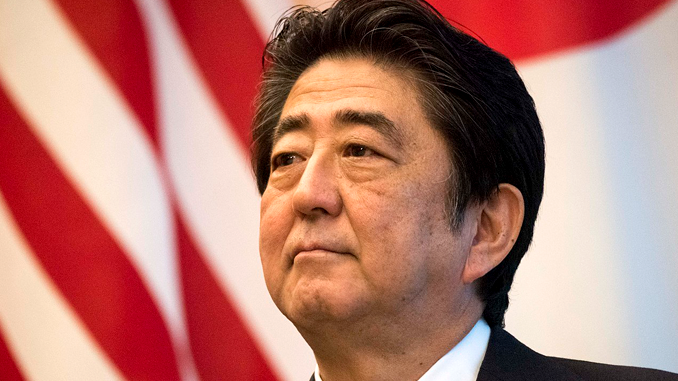
Japan was among the first group of countries to encounter covid-19 following the outbreak in China. Its first reported illness was on January 16th, with its first death recorded on February 13th. Aggressive measures of social distancing, masks and testing helped to bring the disease under control, and Japan was used as an example for the world in how to properly handle an outbreak.
They may still be an example, this time of what can result from complacency.
In the weeks since the initial outbreak, testing in Japan has flagged dramatically. The government has rolled back many restrictions, including authorizing schools to be reopened following the Spring Recess in early April. There were attempts to keep the Olympics on track, scuttled only after the reluctance of most foreign athletes to travel or compete became clear. As the government indicated a level of complacency, the citizenry had followed suit, as can be seen in some of these public photos from late March:
Weeks after the loosening of rules, the coronavirus has developed a far stronger grip on the country than it had during the first wave. Tokyo hospitals are at peak capacity, with a record 29 deaths over the course of a day recorded in the country… a small number compared to many other nations, but a disturbingly large jump for a country which had about that many deaths over its first two months of exposure.
They’re seeing the effects of their outbreak now, and their response is familiar. The Asahi Shimbun reports that retail stores are being asked to severely limit the number of shoppers allowed inside at any time, to maintain distancing, while hotels are expected to be closed. The Japan Times writes that Tokyo residents are being asked to limit their normal daily market trips to three-day intervals in order to ease congestion. Kyodo News reports that dental exams have been added to the medical procedures which are now allowed to be performed online.
None of this means that the virus will, in fact, spiral out of control in Japan. While their cases are rising and the country is attempting to react, they have a recent success in their history and may be able to reinstate their testing and isolation procedures quickly enough to stave off a disaster.
The fact that they are experiencing their second wave should be a cautionary lesson to other countries. Opening too soon, without appropriate precautions in place, is inviting trouble.
